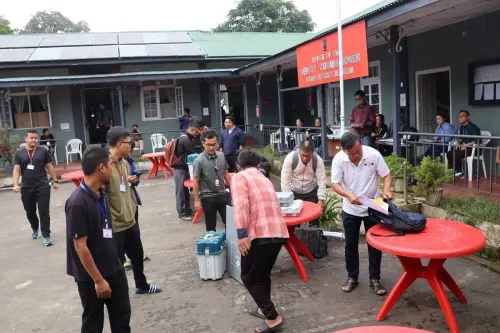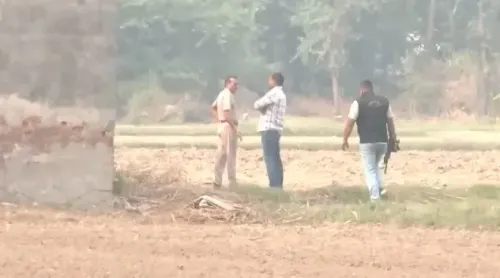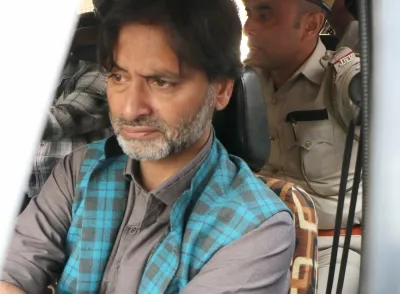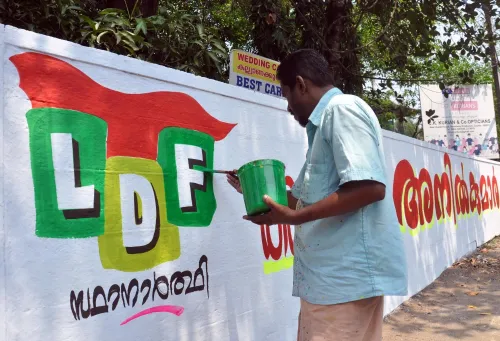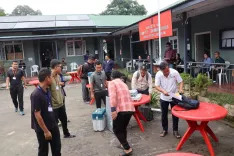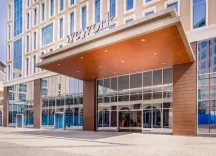Will CM Stalin Virtually Inaugurate Permanent Housing for Displaced Irular Families?
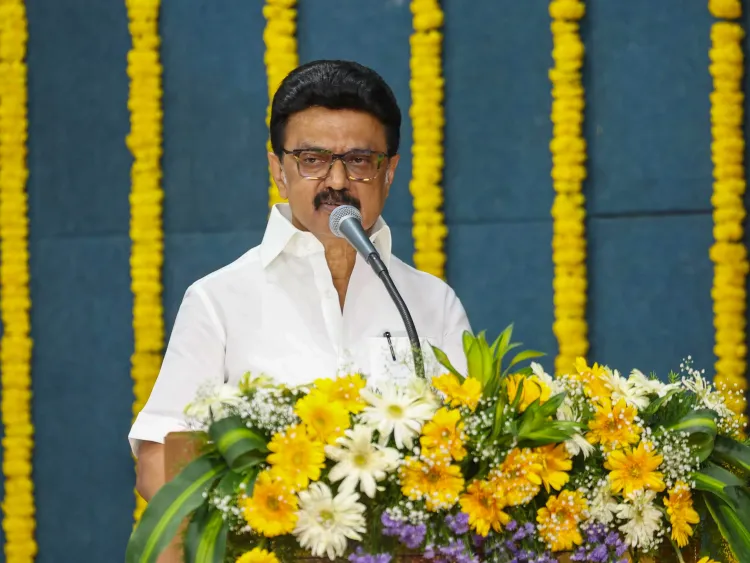
Synopsis
Key Takeaways
- 41 displaced Irular families receiving new homes.
- Project cost amounts to ₹6.32 crore.
- New houses include essential amenities for better living.
- Focus on education and sustainable living through community engagement.
- Part of a broader infrastructure initiative under the East Coast Economic Corridor.
Chennai, May 29 (NationPress) The Chief Minister of Tamil Nadu, M.K. Stalin, is set to virtually inaugurate newly constructed homes for 41 displaced Irular families in Melpakkam village, located near Arakkonam in Ranipet district on Thursday.
This initiative aims to provide permanent rehabilitation for tribal families who have lost their land due to a road widening project.
In 2023, the State Highways Department acquired patta lands, previously allotted to these families by the district administration, to facilitate the expansion of the Kancheepuram–Arakkonam–Tiruttani Road (SH-58).
As part of the compensation package, the department pledged to provide new land and construct houses at a total investment of ₹6.32 crore.
Each residence, built at a cost of ₹10.70 lakh, covers an area of 355 square feet and comprises a living room, bedroom, kitchen, and attached toilet.
The new residential complex also includes a community hall that can accommodate 100 people, an Anganwadi centre, a small temple, and a protective compound wall.
To ensure access to essential amenities, a 30,000-litre overhead tank has been installed for drinking water supply.
Internal roads have been paved with bitumen to facilitate smooth vehicular movement, particularly during medical emergencies.
The Minister for Handlooms and Textiles, R. Gandhi, along with District Collector J.U. Chandrakala, inspected the site and interacted with the families, encouraging them to prioritize education by enrolling their children in local schools.
He also directed officials to plant fruit-bearing saplings throughout the housing area to provide shade and potential income in the future.
This relocation and housing project is closely tied to a significant infrastructure initiative—the widening of SH-58—as part of the Chennai–Kanyakumari Industrial Corridor, under the Centre’s East Coast Economic Corridor (ECEC).
The ECEC aims to connect major coastal cities, including Kolkata, Visakhapatnam, Chennai, and Kanyakumari, to stimulate industrial growth.
Funded by the Asian Development Bank, the highway upgrade encompasses a 41.77 km stretch between Kancheepuram and Tiruttani.
The road has been expanded to create a 10-metre-wide two-lane corridor equipped with stormwater drains, footpaths, 18 small bridges, and 124 culverts.
The estimated project cost is ₹359.06 crore and has been under development since mid-2021.
This initiative exemplifies a balanced approach to infrastructure development and social responsibility, ensuring that affected communities are not overlooked in the pursuit of progress.
aal/rad

